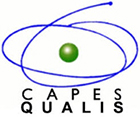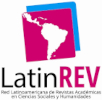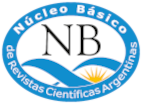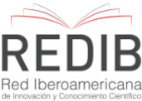Cinema and politicization in Argentina. Jorge Cedrón's first films (1963-1971)
Keywords:
the sixties, Jorge Cedrón, political cinema, Argentine history, radicalizationAbstract
This article proposes an approach to the filmmaker Jorge Cedrón, whose work and activity prior to the film Operación masacre (1972), a key work of Argentine militant cinema, has been little explored. Like other filmmakers who later turned to openly political cinema, Cedrón began his career influenced by the renewal that the so-called Generation of the 60s meant. In this context, I propose an approach to his first three films: the short films La vereda de enfrente (1963) and El otro oficio (1967), and the feature film El habilitado (1971), inserting them into the political-cultural plot of the period, with the purpose of contributing from this particular case to the discussions both on the ruptures and the continuities in specific itineraries of radicalization, as well as about the general politicization of the Argentine film field.
Downloads
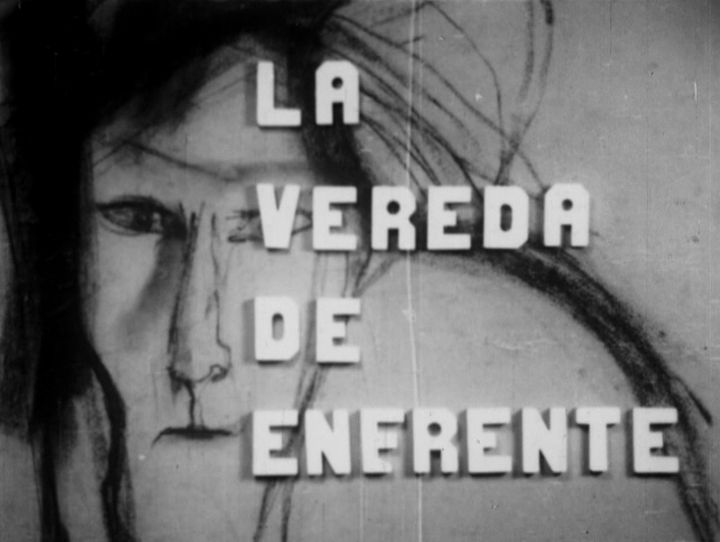
Downloads
Published
How to Cite
Issue
Section
License
Copyright (c) 2023 Pablo Alvira

This work is licensed under a Creative Commons Attribution-NonCommercial-NoDerivatives 4.0 International License.
Imagofagia adhiere a las diferentes iniciativas que promueven el acceso libre al conocimiento, por lo que todos los contenidos de la revista son de acceso libre y gratuito según la política de Creative-Commons de tipo Reconocimiento-NoComercial-SinObraDerivada 4.0.
Los autores conservarán la propiedad intelectual de los trabajos y concederán a Imagofagia el derecho de su primera publicación bajo las condiciones de dicha política. El envío de cualquier colaboración a la revista implica la aceptación de lo establecido en este documento y la autorización al Comité Editorial para incluirlo en su página electrónica, reimpresiones, colecciones y en cualquier otro medio que permita lograr una mayor y mejor difusión de la publicación.
Luego de su publicación en Imagofagia, los autores podrán republicar sus trabajos o distribuirlos libremente en forma electrónica mencionando su aparición inicial en esta revista.





